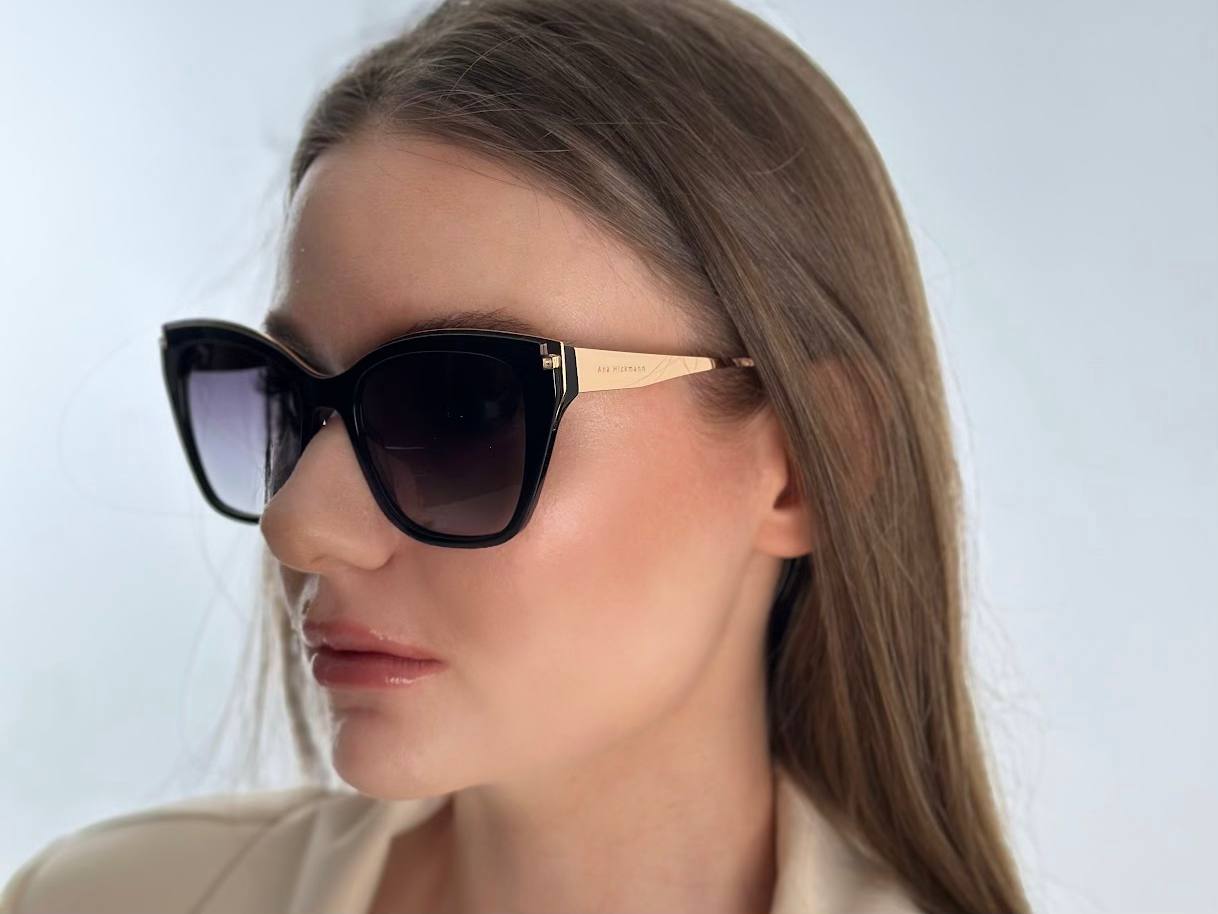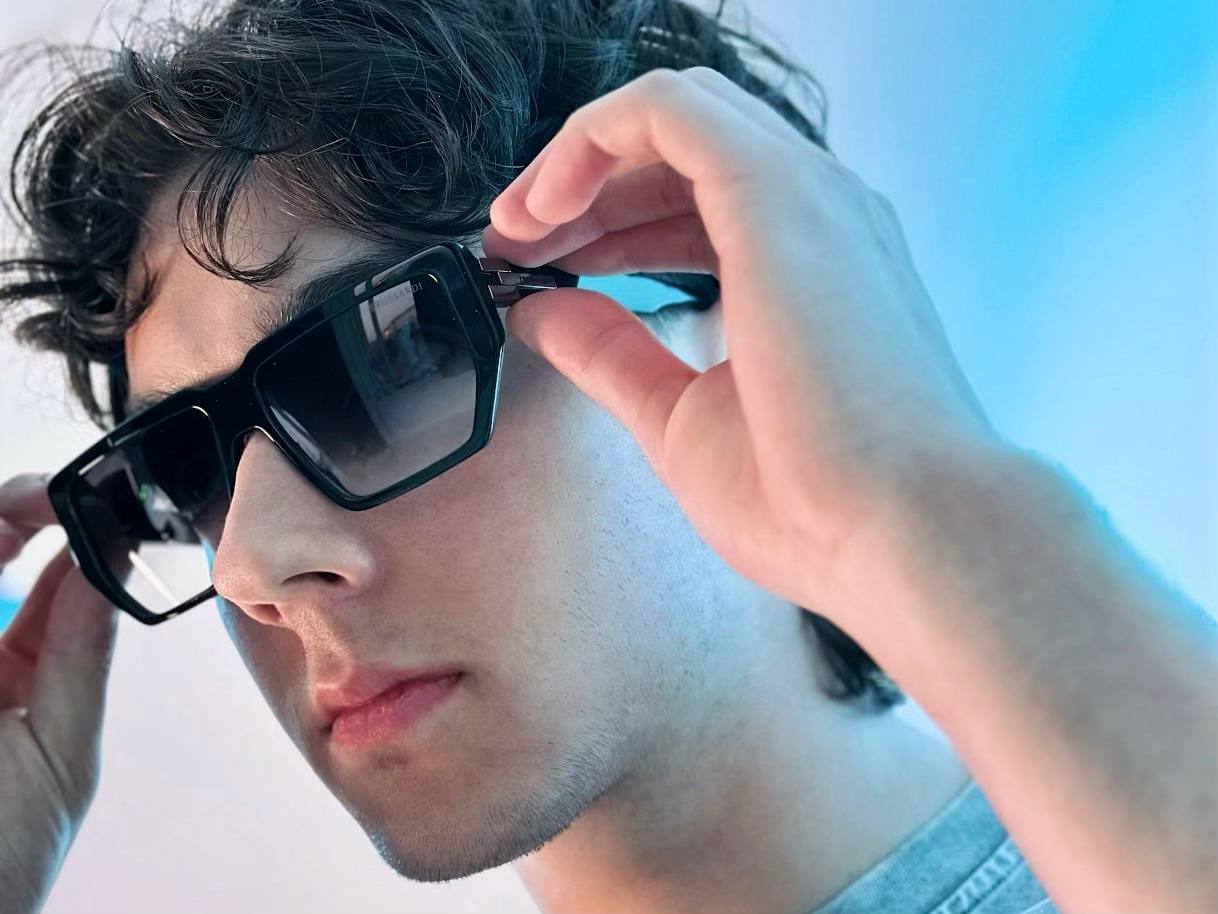Are sunglasses about style or protection?
The sun is the source of life on Earth, but its rays can be both beneficial and dangerous, especially for our eyes. Ultraviolet (UV) radiation affects our eyes every day, even on cloudy days. Long-term exposure UV rayswithout proper protection can cause serious eye health problems, ranging from premature aging to dangerous diseases.
In this article, we will consider:
- what is ultraviolet radiation,
- how it affects the eyes,
- why it is important to wear sunglasses, and how to choose the right glasses with UV protection.
What is it ultraviolet radiation?
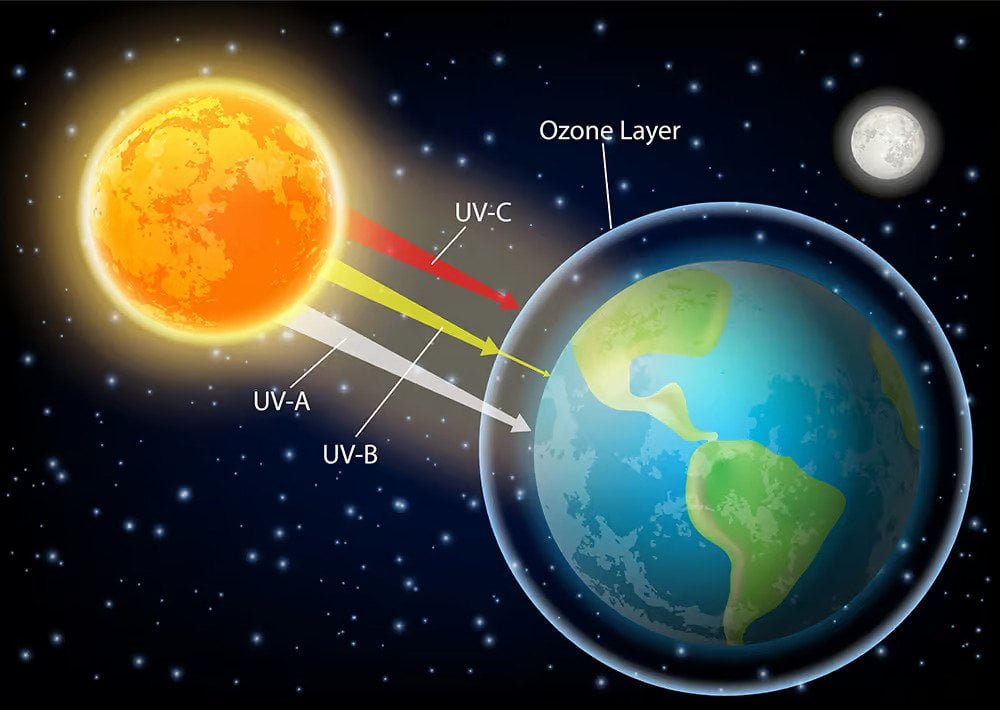
Ultraviolet (UV) radiation is electromagnetic radiation that is invisible to the human eye and comes from the sun. There are three types of UV rays:
- UVA - penetrates deep into the eye tissue. Causes photoaging and chronic damage.
- UVB - is partially filtered by the atmosphere, but is most dangerous for the cornea and lens.
- UVC - is completely absorbed by the atmosphere, so it does not reach the earth's surface.
Despite natural barriers (atmosphere, ozone layer), a significant portion of UV radiation still reaches the eyes, especially in summer, in the mountains, near water or on snow, where it is reflected and amplified.
How does ultraviolet light harm the eyes?
The eyes are one of the most vulnerable organs to UV exposure. Here are some of the dangerous consequences:
1. Photokeratite (sunburn of the cornea) is a painful but reversible damage to the surface of the eye that can occur after several hours of sun exposure without protection. Symptoms: burning, stinging, tearing, and temporary visual impairment.
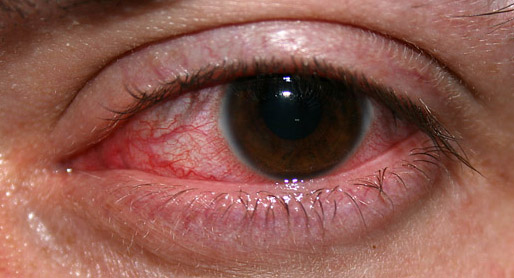
2. Cataract. Prolonged exposure to UV rays accelerates the clouding of the lens, a key cause of cataracts. If left untreated, it can lead to vision loss.
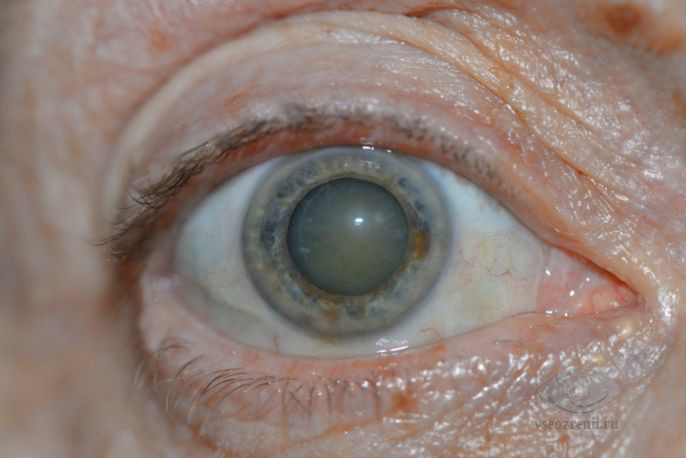
3. Macular dystrophy. It is a degenerative retinal disease associated with age and UV exposure that negatively affects central vision.
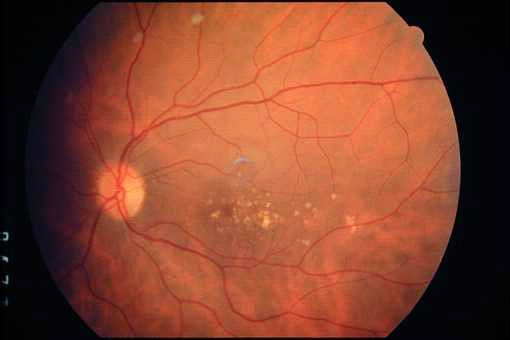
4. Pterigium. The growth of conjunctival tissue onto the cornea, which in advanced cases requires surgical intervention. It most often occurs in people who spend a long time in the sun without glasses.
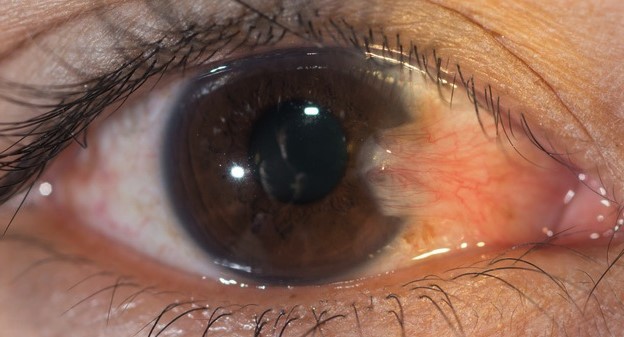
5. Skin cancer around the eyes. The skin of the eyelids is very thin, so it often suffers from UV exposure. Pay attention to glasses with wide temples, they reduce the risk of developing cancer, the temples cover the sun's rays due to their size and prevent UV radiation from reaching the skin around the eyes.
How to protect your eyes from UV rays?
1. Sunglasses with 100% UVA and UVB protection
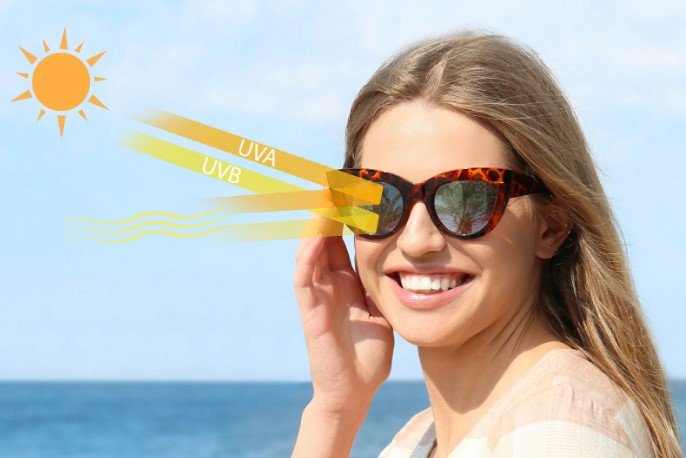
This is the most effective way to protect yourself. You should choose glasses that have the following information on them:
- UV400 - full filtering of rays up to 400 nm, including both UVA and UVB.
- 100% UV Protection - confirmed protection.
IMPORTANT: Thin, dark lenses without a UV filter are dangerous - they only dilate the pupils, transmitting even more harmful rays.
2. Polarized lenses
These lenses not only protect against UV light, but also reduce glare from horizontal surfaces such as water, snow, and asphalt. Ideal for drivers, fishermen, athletes, and hikers in the mountains.
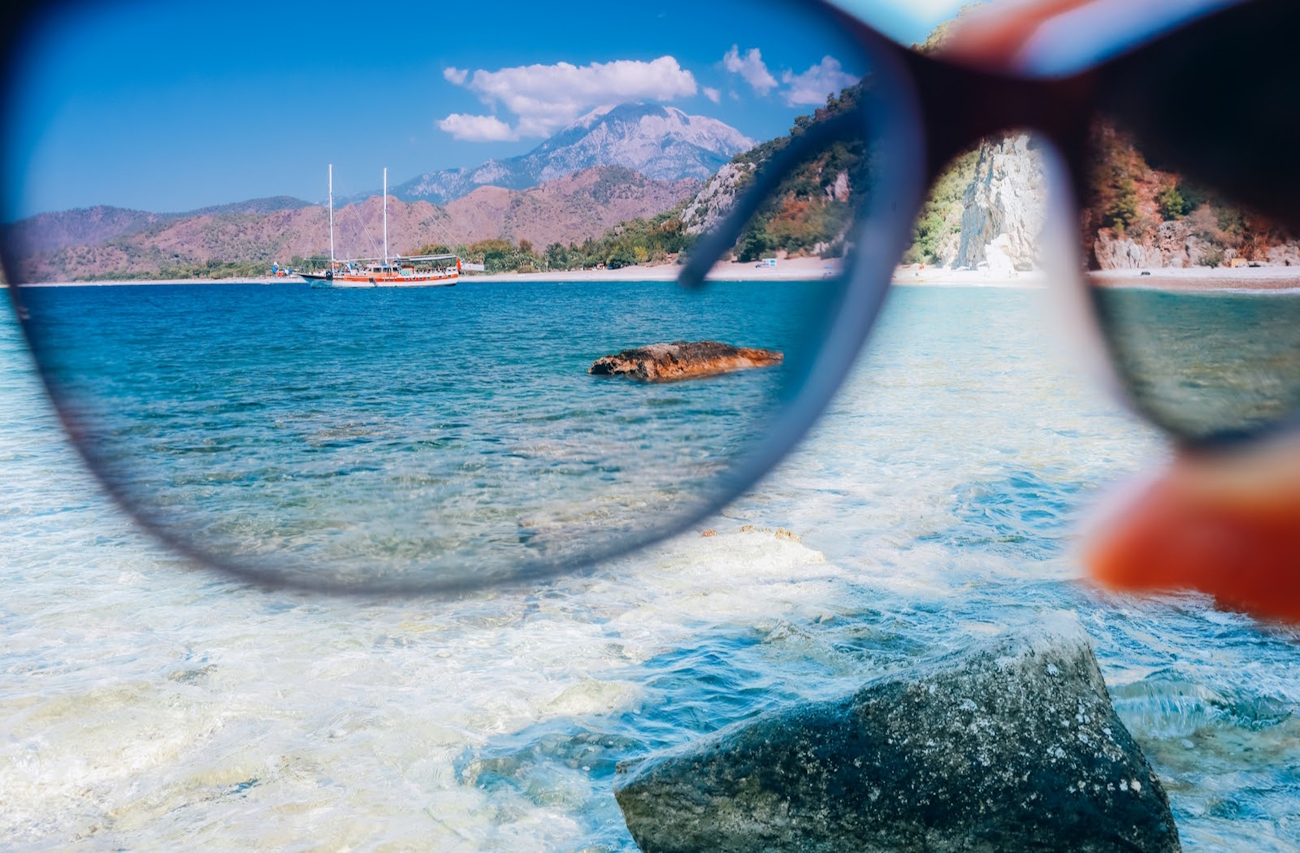
3. Photochromic lenses (chameleons)
Automatically darken when exposed to the sun and lighten indoors. Provide constant protection in all conditions. Ideal for those who wear corrective eyewear, as you don't have to worry about wearing contact lenses and regular sunglasses.

How to choose the right sunglasses?
Glasses should be not just fashionable, but above all, safe:
- Buy certified glasses made of high-quality and safe materials in the OPTIKA PRO networknot in a market or a crosswalk.
- Choose from glasses that completely cover the eyes and skin around.
- Avoid cheap fakes without UV400 labeling.
In the network of opticians "Optics of Defense" will help you find the perfect eyewear for your needs - whether you're walking in the city, driving or relaxing at the seaside.
Do children need UV glasses?
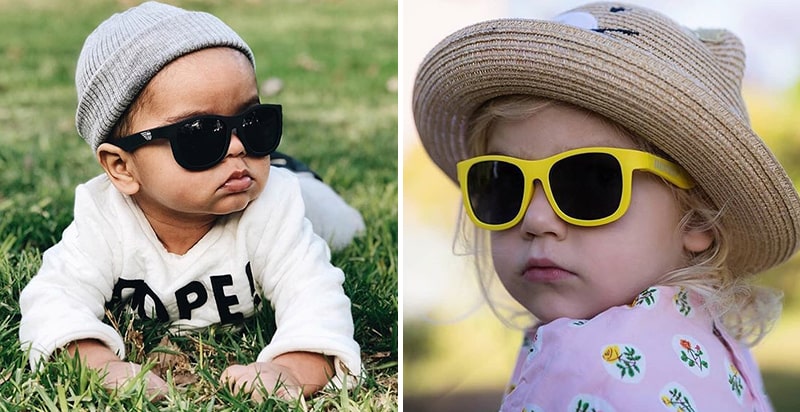
Yes! Children's eyes do not yet have sufficient natural UV filtering, so they are particularly vulnerable. Ophthalmologists advise to start wearing glasses from the age of 3-4 with prolonged exposure to the sun.
Conclusion: protect your eyes - wear quality sunglasses
UV rays can cause serious eye diseases, but they can be avoided. Regularly wearing quality sunglasses with 100% UV protection is the easiest and most effective way to preserve your eyesight for years to come.
Stylish and safe sunscreen in OPTYKA PRO👇
